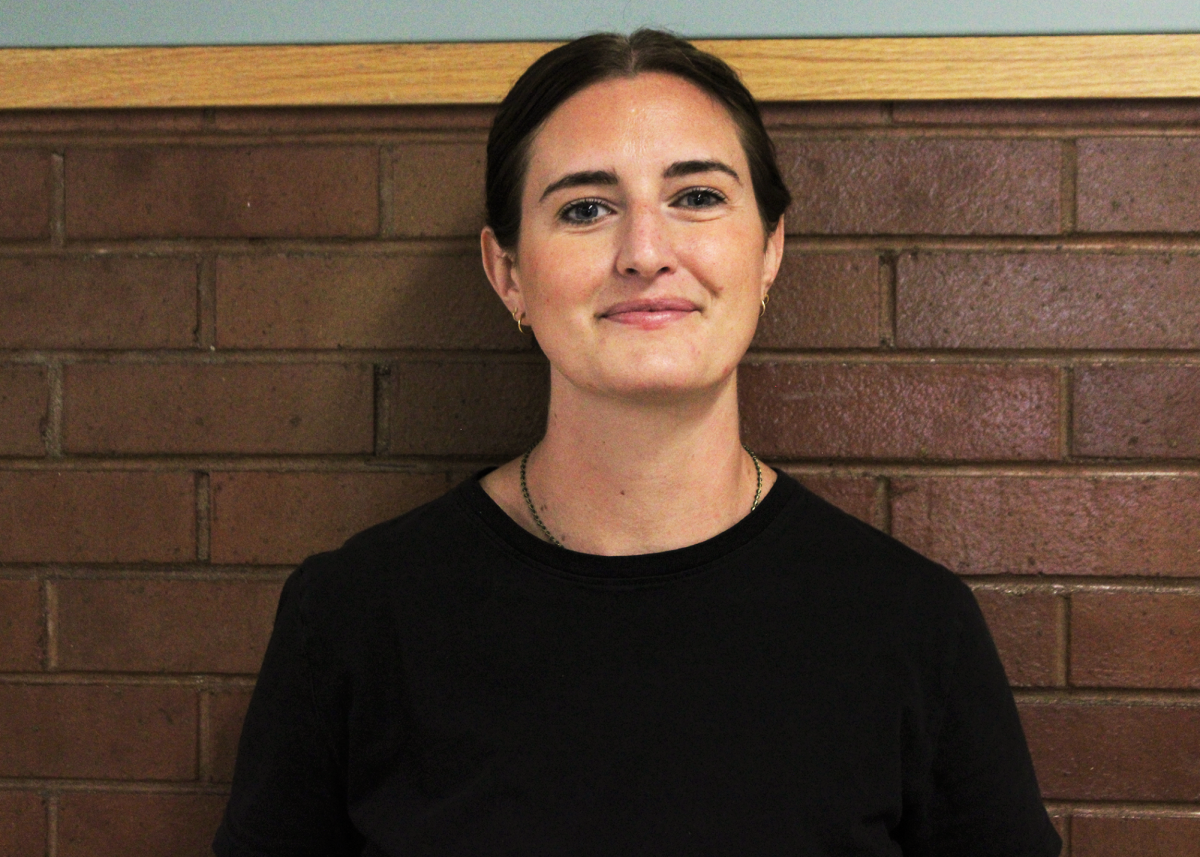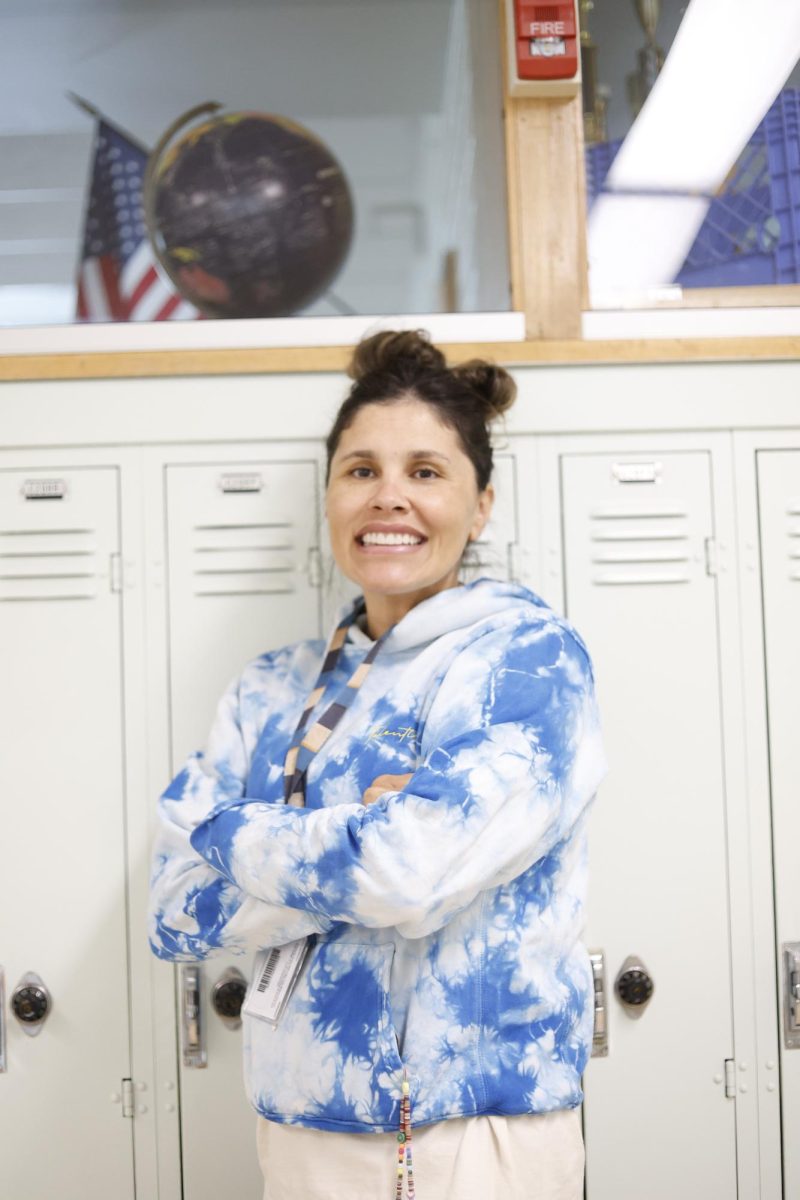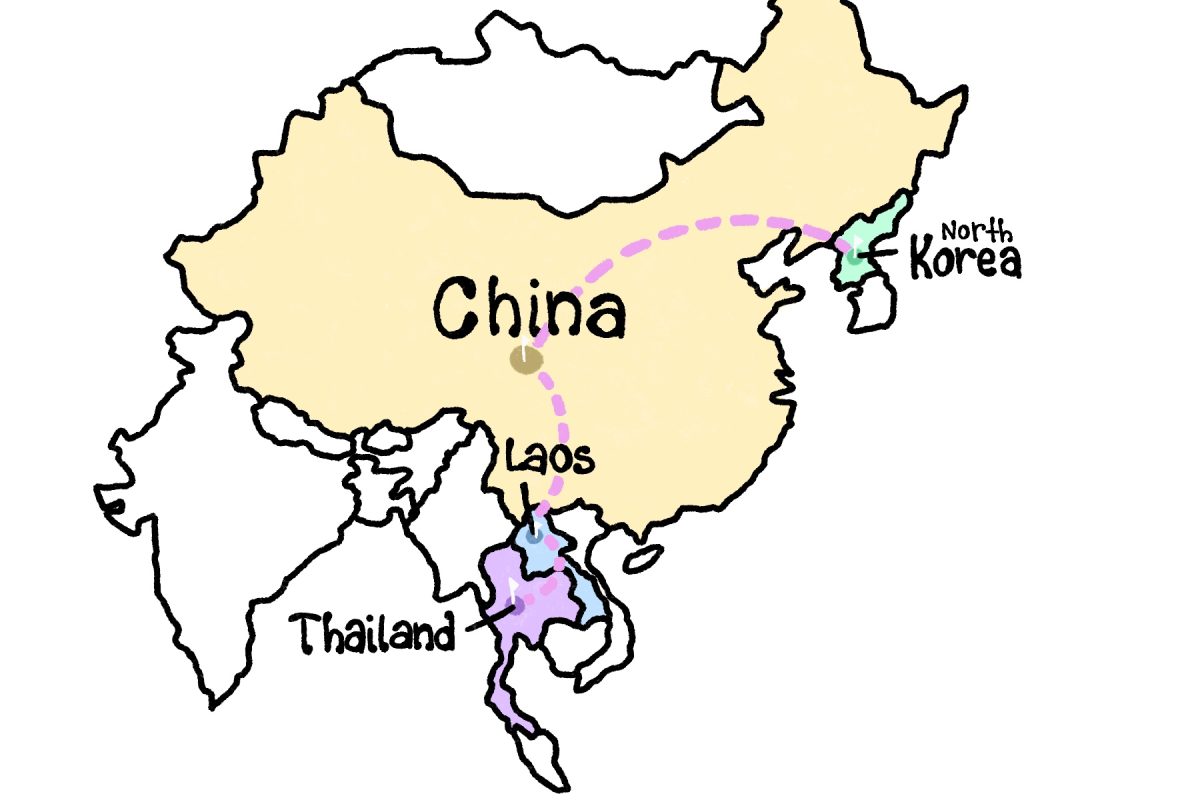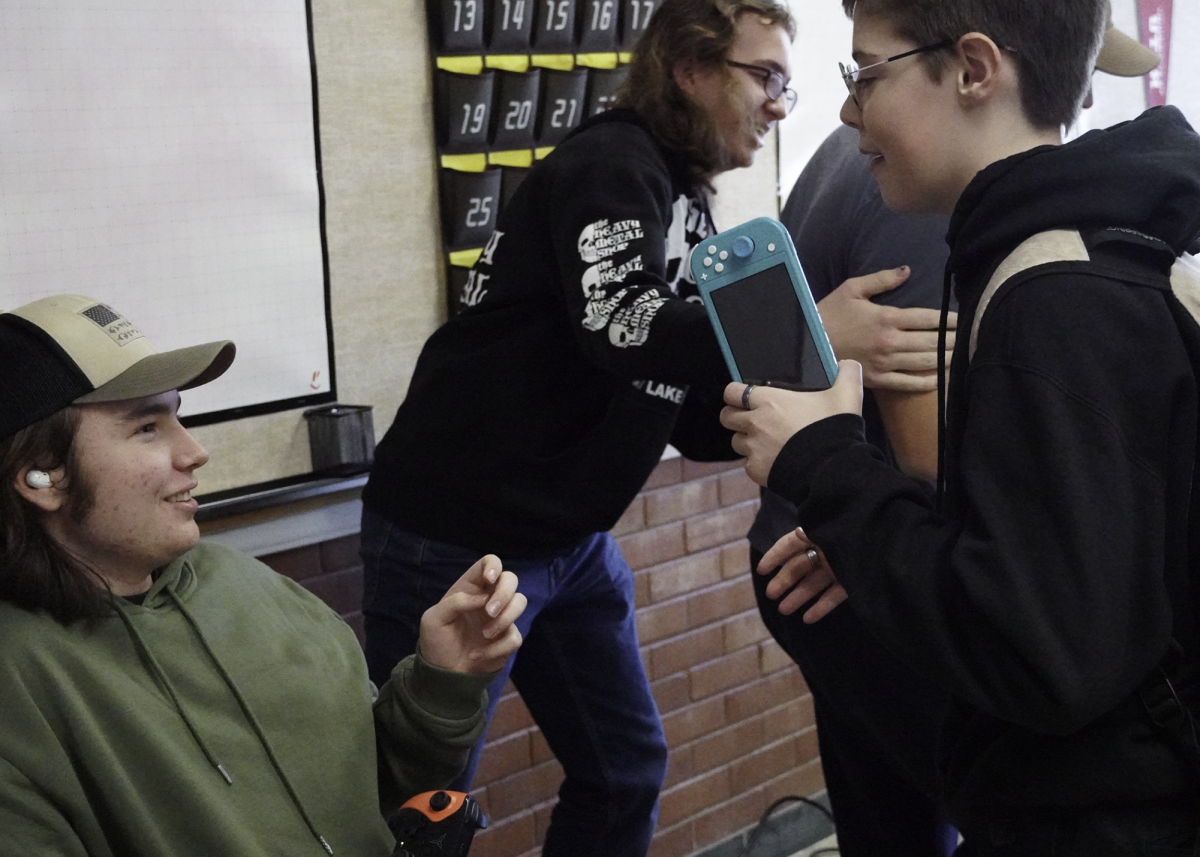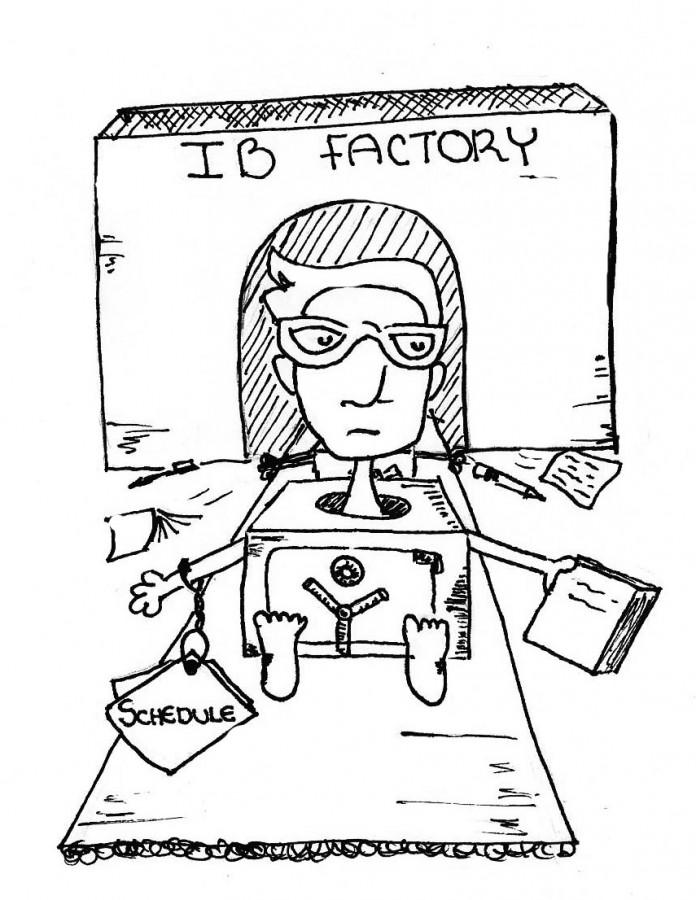Free IB: Students Are Too Restricted
February 2, 2015
In elementary school, I spent a lot of time learning about things that I was interested in, and no time stressing about arbitrary things like grades or what classes I need to take to get into college. Since starting high school, that has completely reversed.
All of the requirements that I feel pressured to fulfill have begun to diminish my love for school, and demoralize everything that I believe education should be about. In the end, it should not matter how many college courses I finish in high school, nor how prestigious my resume may appear. What matters most is the learning experience itself; the trials and tribulations that school brings should teach us a lot about ourselves and the world around us. Education should help students to foster their strengths, passions, and creativity–not burn them out and suck away their enthusiasm for learning.
Education-wise, Highland has a lot of great things going for it: a variety of wonderful teachers and mentors, a diverse student body, and, for the most part, a welcoming environment. Highland also offers several AP and IB courses; however, students are limited to one type of class or the other. Because of this, underclassmen like myself face the pressure of deciding whether or not to commit themselves to the two years of rigorous requirements necessary to obtain the IB diploma.
Committing to the two-year program has very clear benefits as it gives high school students the opportunity to explore the world from a much more open, analytical, and global perspective.
“In IB I got to learn things I’ll take with me forever. It wasn’t about memorization, it was about developing a new way of thinking at a very open level.” Sanga Mohmand, a Highland alumni who graduated last year with her IB diploma, said. “It was a much better experience than AP for me. It was more meaningful…I can still use the things I learned today.”
Because of the distinctive approach to learning that IB takes, I have decided to subject myself to the two work-heavy years of the rigorous diploma program in the hopes that it will revive the enthusiasm I once had for school.
That being said, I had a lot of reservations in making this decision. While comprehensive, the courses that IB students must take offer almost no flexibility, making it hard for some students to explore their own interests and strengths.
The other high schools in Utah with the IB program (Skyline, West, and Hillcrest) allow students to take either the IB diploma program or the IB certificate program which allows students to take a mixture of IB, AP, and elective classes that best fit their interests. If Highland followed suit, students would be given a greater opportunity to make the most of their education.
At Highland especially, there is a lack of diverse class options in IB–there tends to be just one or two choices in each subject area. IB math, for instance, only gives diploma students the opportunity to take one of two standard-level (SL) courses, both of which are in the realm of pre-calculus. Because of the distribution of the recently enforced common core math classes, students in IB generally have to take one of these SL math courses senior year, sacrificing their opportunity to take more challenging classes like AP Calculus or AP Statistics.
The irony of Highland’s IB program is that it encourages students to be well-rounded when it only truly serves to restrict students to a very stringent schedule that prevents them from pursuing all of their interests.
Because of this, the program is not the best fit for every student. Nevertheless, many are intrigued by the concept and rigor of certain IB classes.
These students wish that they had the opportunity to take one or two IB classes in areas that they excel in, and then have more flexibility in the rest of the classes they take.
And there is no good reason why they shouldn’t be allowed to.
Not all students can conform to one specific schedule and be expected to persevere and perform to the best of their ability. Everyone has varied strengths and weaknesses; interests, and ideals. It is unfair and unproductive to hinder students interested in taking control of their education so that it best fits their abilities and enthusiasms by forcing them to take an all-or-nothing approach to IB.
Take junior Beatrice Brewster for example. Upon entering the IB program this year, she realized that it was going to prevent her from taking all of the art and literature classes that she was interested in. Because of this she decided to drop the program so she could focus on the things she is more passionate about. However, there are still some IB classes that she is upset she isn’t able to take.
“I would take the English class, and probably either a science or a history class. They just seem so much more in depth than AP classes,” Brewster said. “[The IB program] is so closed off and exclusive which is frustrating.”
It is students like Brewster who are most deserving of the opportunity to take all of the classes that interest them, but because of the way that IB was implemented at Highland, the full potential of their education is inhibited.
Right now a lot of students, myself included, feel resentment towards their schools because of all of the seemingly meaningless requirements and homework assignments that we are forced to endure. We are not learning how to ask questions and think critically, but rather how to memorize facts and bribe our teachers into giving us the A we need to get into college.
We are faced with restriction after restriction that inhibit our interests, and undermine any love we have for learning.
Creating an IB certificate program at Highland can be a first step towards making our school a place where students have greater learning opportunities, and are able to design an individualized educational path that cultivates our passions.




